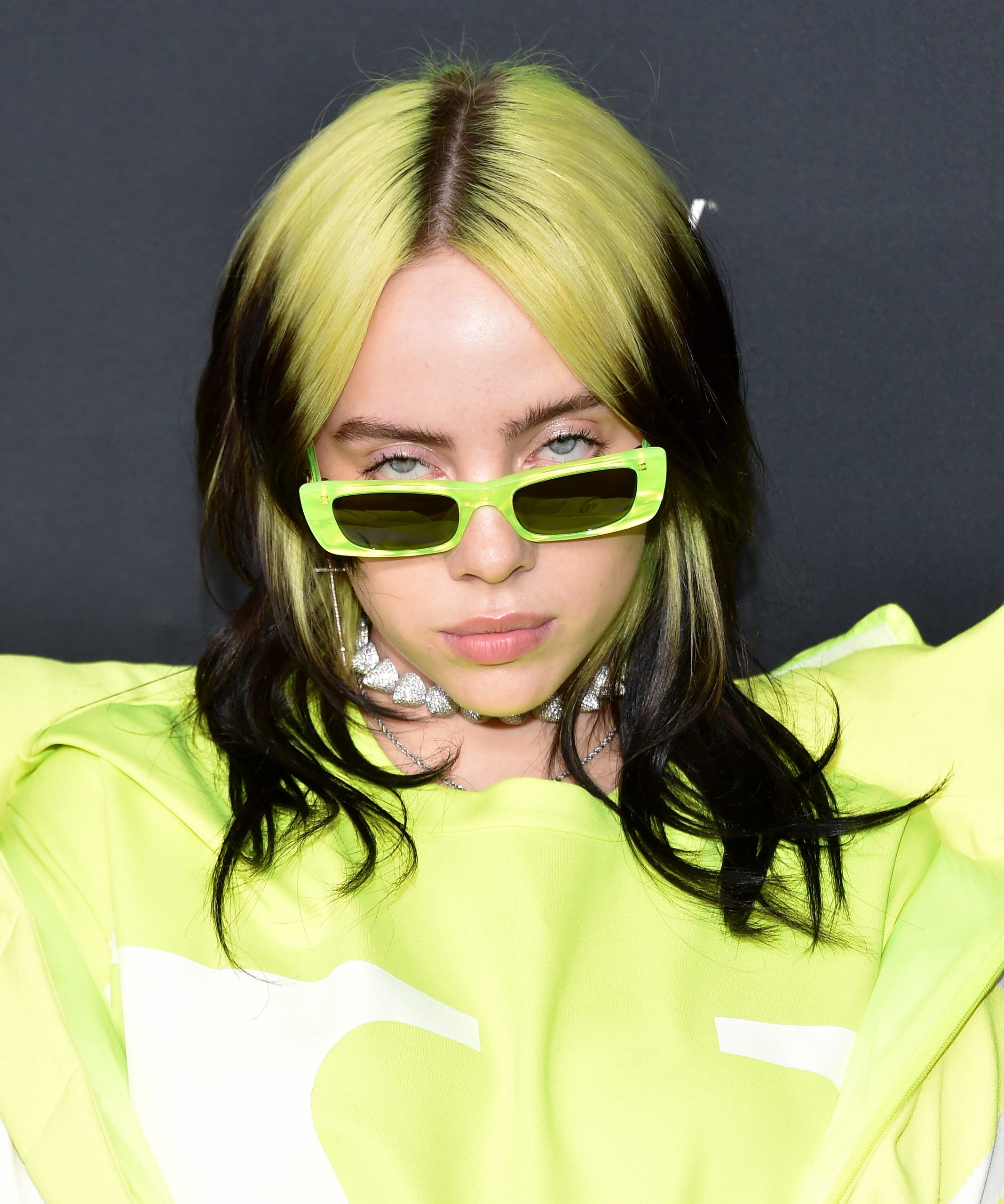A week ago, Billie Eilish blessed us with the video for “Lose Cause,” which features Billie dancing around with her friends in what seems to be a nice Palisades property. The video is goofy, playful, and totally fun.
But the Internet exists, and that means we can’t have nice things. When the video dropped, alongside an Instagram post with the caption “I love girls,” fans were obsessed with the idea that Billie was coming out, albeit in Joshua Bassett fashion.
View this post on Instagram
But when subsequent rumors started spiraling about Billie dating problematic actor Matthew Tyler Vorce, fans freaked. “Is she bi,” Twitter wondered, “or is this queerbaiting?”
Is Billie eilish bi? Or did I just watch four minutes of queerbaiting done by a straight person
— Aspen ⁷ (@HOBIWR7D) June 5, 2021
“you dont know billie’s sexuality she was probably uncomfortable talking about it!!” but she was comfortable with queerbaiting during pride month?! #youlikegirls pic.twitter.com/NMRerwAfyM
— mina ^_−☆ (@sayuluver) June 14, 2021
Other members of the community, however, had to step in to set the record straight. Activist Matt Bernstein put the whole thing into sharp perspective:
Subscribe to get a twice-weekly dose of queer news, updates, and insights from the INTO team.
in Your Inbox
my only thoughts on billie eilish “queerbaiting” is that more than 100 anti-trans bills have been introduced in state legislatures this year and they are all infinitely more harmful than a 19 year old publicly exploring her sexuality without labels
— matt (@mattxiv) June 15, 2021
Meanwhile, Queen Bimini Bon Boulash stepped in to remind everyone that labels actually aren’t the vibe right now.
My hot take on the Billie Eilish ‘queer baiting’. Can’t a human experiment their sexuality without the need of labelling? Why do we assume everyone has to be straight until proven otherwise? Less labels more love 💓
— BIMINI! STREAM GOD SAVE THIS QUEEN (@biminibabes) June 15, 2021
User Strats explained the important difference between “baiting” and “coding”:
Please, everybody, learn the difference between queer *baiting*, where a creator CAN make a character queer and teases it, then chooses not to, and queer *coding*, where a creator WANTS to make a character queer but isn’t allowed to, and so implies queerness as much as they can.
— Strats (@stratumgermani1) June 15, 2021
And @heyyitsahlam explained that all this stuff is actually rooted in the male gaze:
if you take away the male gaze you’ll see that billie eilish is not queer baiting and instead sapphics have always been sexualised in the media therefore seeing a group of women together you automatically think it’s more sexual than it is
— ahlam 🌈 (@heyyitsahlam) June 13, 2021
Seriously, why can’t kids just have fun without it being sexualized?
i’ve read the queer baiting think pieces about billie and i feel like we shouldn’t pressure a teenager to publicly come out to billions of people because of a vague instagram caption pic.twitter.com/UWU1h13gcH
— 🚿🏝💦 (@howtohydrate) June 15, 2021
It’s also cool to just feel sexy and have fun with your friends:
Might be a hot take but if Billie Eilish wants to dance around and feel sexy with other women, that’s not queer baiting
— Pheen 🌱 (@Pheenips) June 13, 2021
Also, there’s an important distinction to be made between self-expression and pandering:
queerbaiting is when creators tease queer rep but don’t deliver.
queerbaiting is not when you interpret the actions of a celebrity as indicating queerness, and the celebrity to your knowledge* not being queer.
— kory (@davidrxse) June 14, 2021
The fact is, Eilish is one of Gen Z’s most visible icons. Everything she does gets scrutinized: when she didn’t wear revealing clothes, people were upset. Then this year, when Eilish appeared on the cover of Vanity Fair, she was accused of wearing too-revealing clothes. It seems that whatever Eilish does, she’ll be judged. After all, she is a woman in the public eye.
But as Bimini Bon Boulash pointed out, labels are well and good for people who want to use them. But if a new generation of teens—queer, straight, and across the gender and sexuality spectrum—want to express their sexuality without using labels, that’s also pretty cool.
This Pride season, it’s always good to remember that just because a younger generation isn’t doing queerness the same way older generations did doesn’t mean they’re doing it wrong. In fact, this whole “less labels more love” thing sounds pretty dope.












